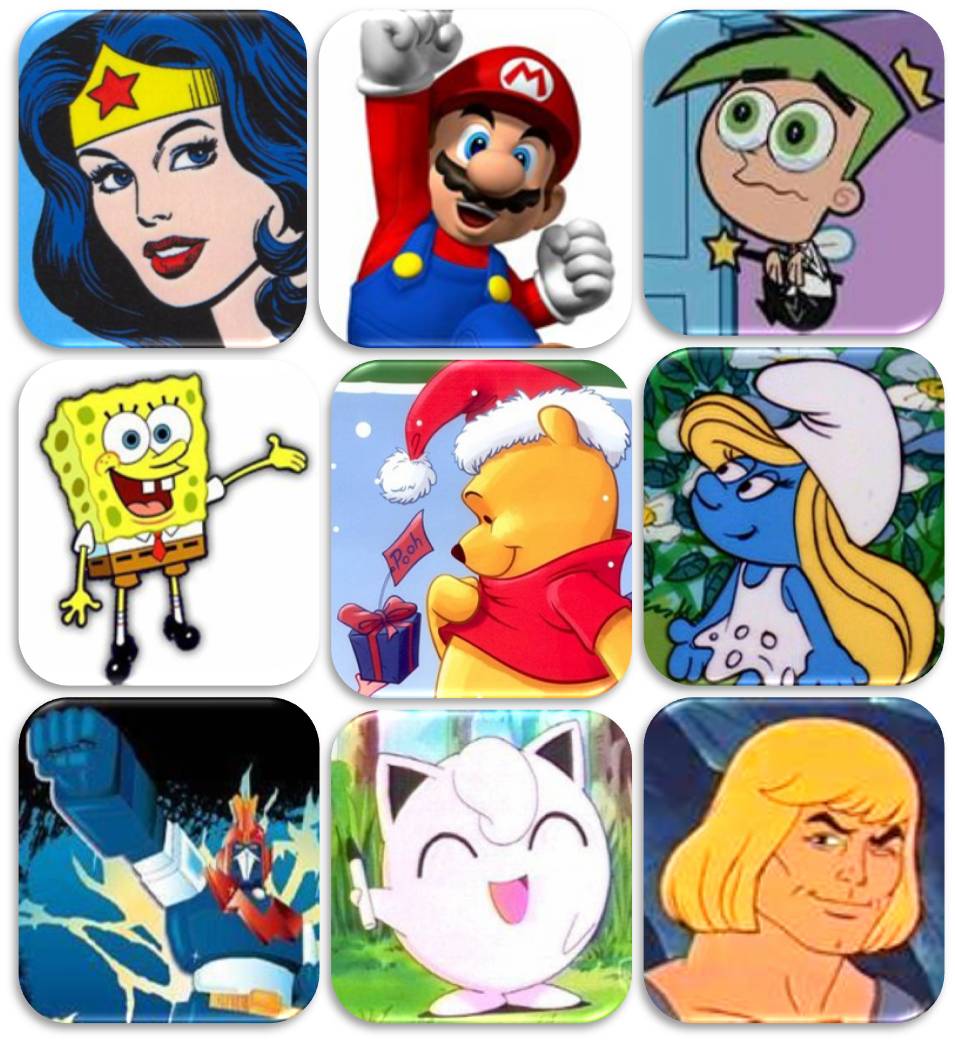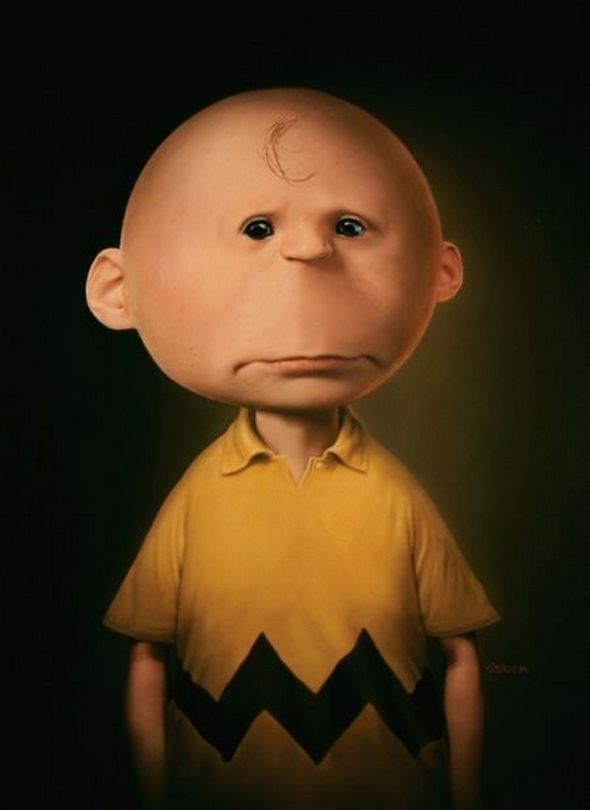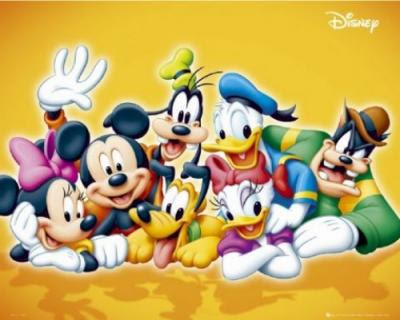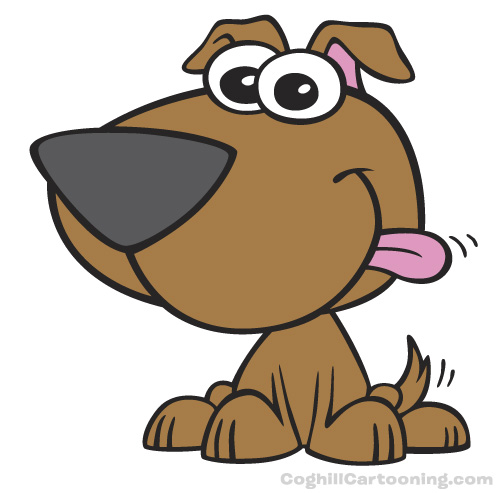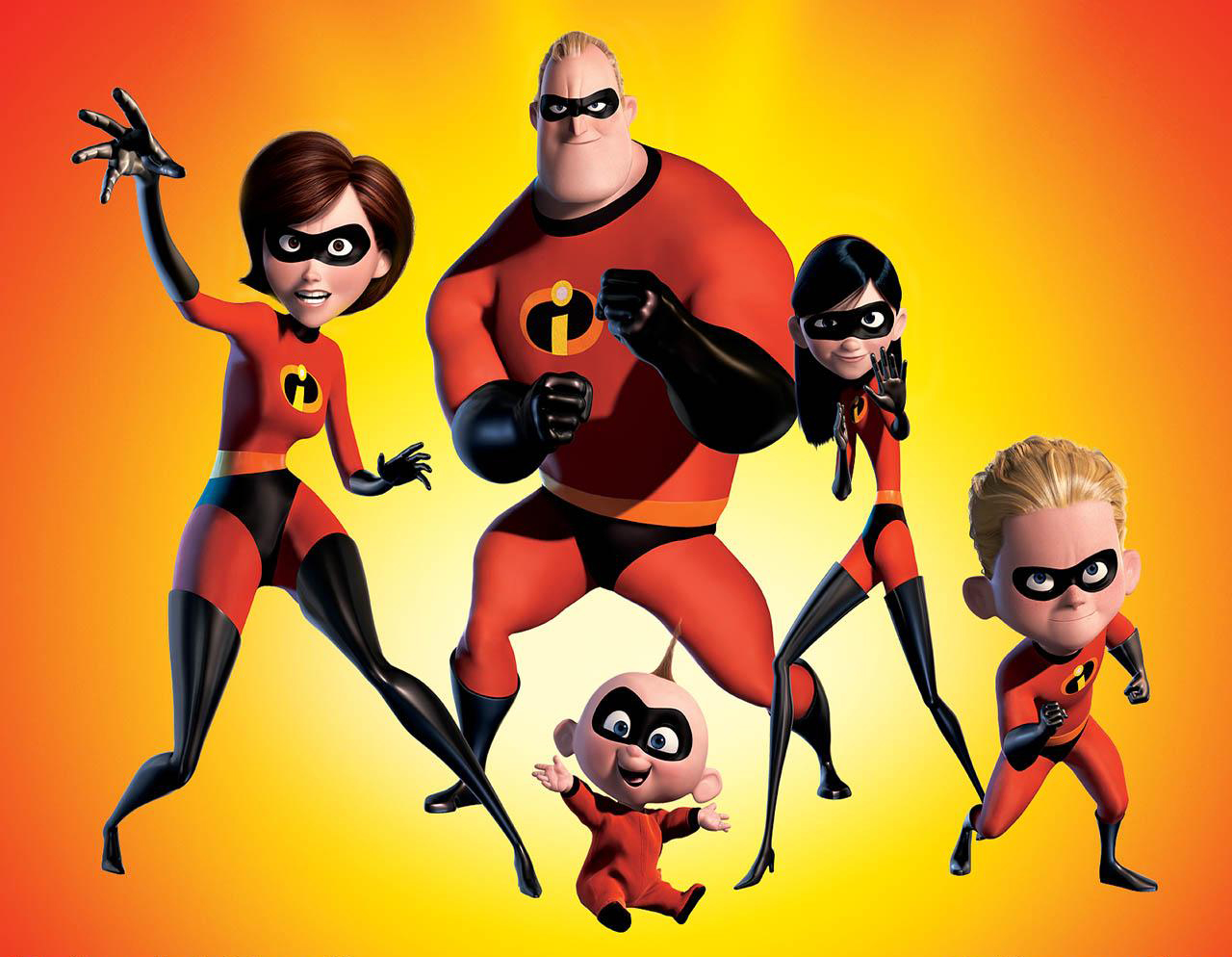
If you enjoy drawing or the idea of learning how to draw cartoons, how great will it be to know that you can turn that ability into a dream job or income? By learning how to draw cartoon art you can gain the ability to translate your own or others ideas into something valuable and entertaining.

In many forms, from television shows and film to childrens and comic books, cartoon characters have entertained, educated and engaged us all, as kids as well as adults, throughout the years. Being able to create characters opens you up to a vast amount of opportunities for income, either for cartooning jobs or self-producing products and services.

If you're interested in drawing cartoon characters for fun or for profit, there are some important things you need to know before you begin. Just follow these five tips to get yourself started successfully drawing cartoon characters for yourself or others.

An important factor when you first start drawing cartoon characters is in making sure that you develop some fundamental skills such as: anatomy, which helps tremendously when breaking things down to more simpler cartoon shapes, as well as proportion, and depth. The reason why this is important is because it will give you a solid foundation to build upon when drawing characters. If you don't develop the fundamental skills necessary, then you run the risk of not developing a well thought out and visually solid character that may lack appeal.

Another important consideration for drawing cartoon characters is observation. It's critical that you observe the world around you and record it on or into something such as a sketchbook because it will help develop your fundamental skills and develop your own personal style of cartoon characters. By looking towards other artists to learn how they do it and observing the culture, people and things around you, you'll develop a great set of skills in creating great cartoon characters.
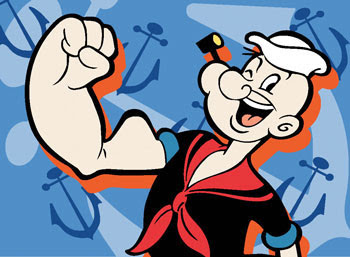
You don't have to be a Van Gogh or complete several years of school in order to draw either. All you need to do is have passion and make sure that you practice your techniques daily whether in a sketchbook or on a computer.

Instead of complicating illustration and design efforts by buying expensive equipment or supplies and software, try it this way: start out with just regular white copy paper and a pencil or pen. I've even used crayons, brown paper bags and cardboard! Your technique will improve, so by the time you are ready to learn about and invest in more expensive equipment, and supplies your skills will already be ahead of the curve. If you are using a computer, you can get a free trial or totally free software to hone your skills. In fact, if you use the advice mentioned above, then you will find that you will be able to become proficient in drawing cartoon characters with little or no money needed.
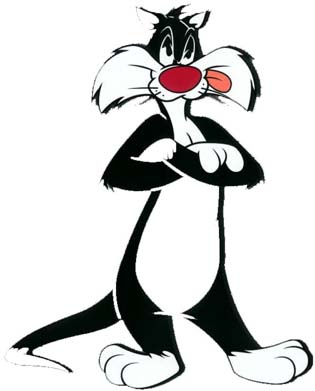
Have you considered creating your own graphic novel or manga, television or animated series? Or how about commercially licensing a cartoon character you created to others. It's not as difficult as you might think. What you need to do when drawing characters that are appealing and awe-inspiring, is create a back-story or history of your cartoon character. The back-story is the world and environment that your character lives and breathes in. This will enhance your character's image and engage the audience in which it will be presented.

So if you are really interested in creating the next hit television or comic book series or see your character idea on greeting cards or made into children's toys, follow these tips and start enjoying or profiting from drawing your own cartoon characters.
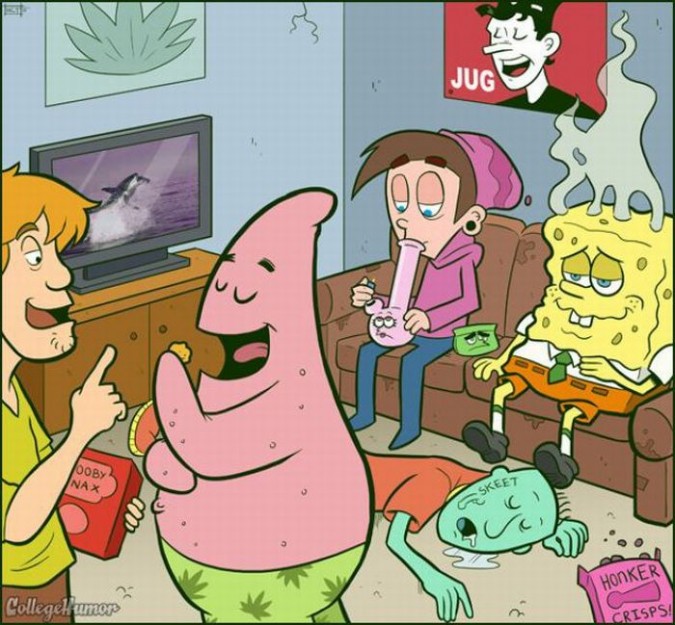
A friend and I were discussing classic cartoon characters, such as Tom and Jerry and Woody Woodpecker, around the water cooler. We discussed why many cartoons from the golden age of animation were more adult than childish. We also discussed why characters like Woody Woodpecker changed from crazy to responsible adult throughout the years. There are many reasons why the pre-World War II characters and cartoons changed over the years.

Most people are aware that cartoons in the 1930s, 40s, and even 50s were more adult in nature. Characters drank, smoked, and worried about taxes. For example, I remember a Woody Woodpecker cartoon in which Buzz Buzzard was determined to sign Woody up for a life insurance policy. But, Buzz was going to make himself the beneficiary, knock Woody off and keep the insurance money. Pretty heavy stuff. Let's dive into why cartoons were more adult like in this example.

First off, cartoons were more adult back in the golden age of animation because cartoons used to be shown before theatrical movies. Many of us Generation Xers and those who have come after us are used to seeing cartoons on television. (Who doesn't remember the classic Looney Tunes opening used in the 1980s in which all the famous Looney Tunes characters paraded across the stage?) But, before cartoons were on television, they were in the movie theaters. For example, Tom and Jerry cartoons were shown before MGM movies. Woody Woodpecker and friends were shown before Universal movies. Of course, Looney Tunes cartoons preceded Warner Bros. movies.

Now, as for why the pre-World War II characters like Woody Woodpecker acted in insane ways is because the animators and creators were young men feeling their oats. It makes perfect sense that early Woody Woodpecker, for example, was wild and crazy. Later on, as the creators began settling down and raising families, characters like Woody became more domesticated. Woody started caring for his nephew and niece, Knothead and Splinter. Meanwhile, over at Looney Tunes, Sylvester the Cat began raising his son. Even Foghorn Leghorn became a father figure to Miss Prissy's son, Egghead, Jr.
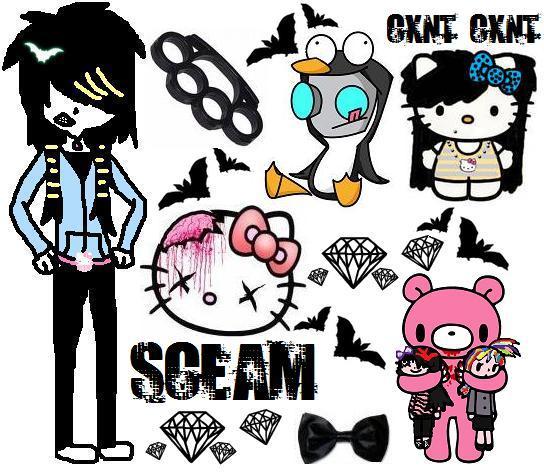
Yes, the post-World War II cartoon characters were different from how they were before the war and for good reason. Part of the reason is because of the fact cartoons were shown in theaters before adult audiences. Also, animators' real-life personalities seeped into the characters and the characters changed as the creators' lives changed. And, of course, the fact cartoons started being shown on television meant characters needed to be tamed down a little. But, we'll get into cartoons being edited for television in another article.

The wonderful thing is all the classic cartoon characters, such as Wood Woodpecker, Andy Panda and Daffy Duck, live on in television reruns and DVD sets. I thoroughly enjoy watching the adventures of old-school characters, such as Bugs Bunny and Porky Pig, whether we are talking about their early cartoons or later episodes. That's all folks...for now.


